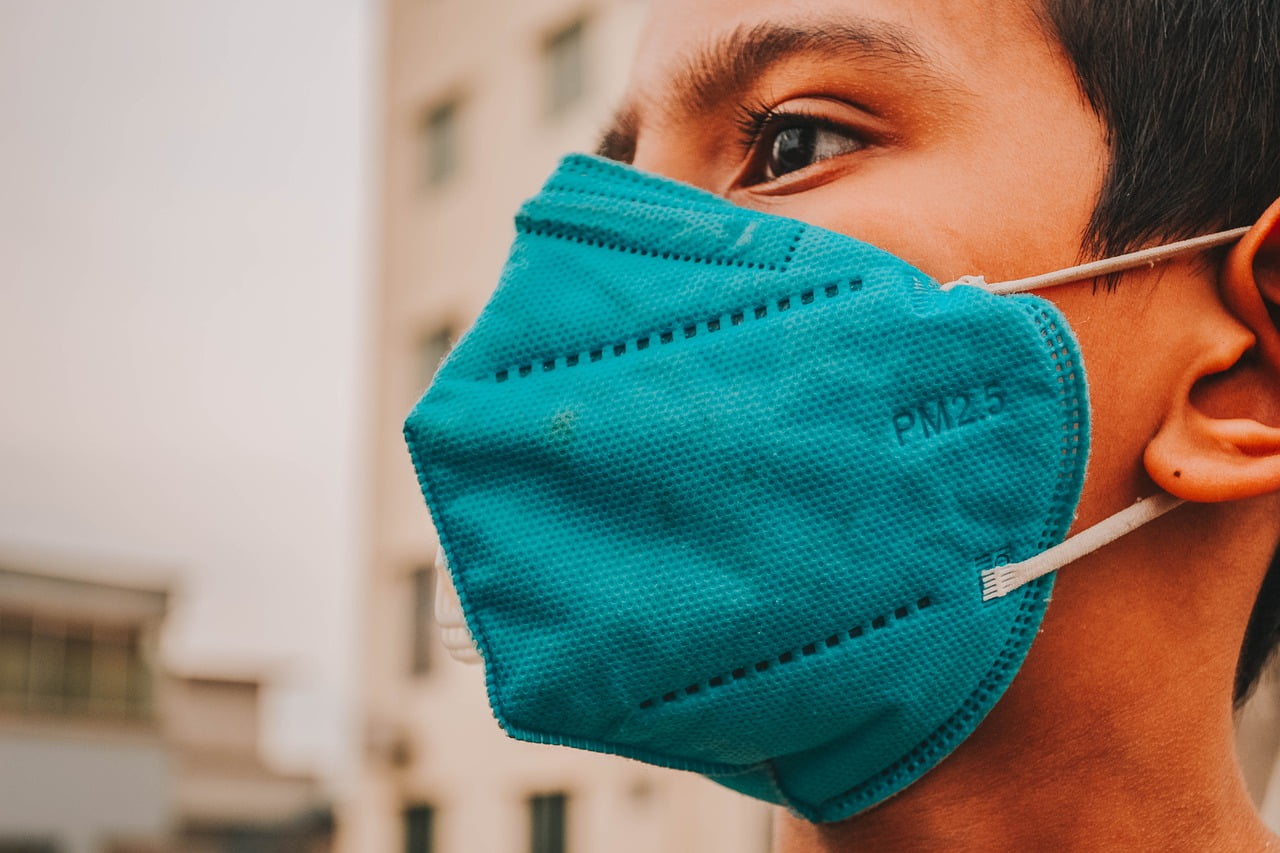COVID-19 Board Member Demands Action Now; Here’s How, Suggest Possible Denial of Grants to 13 States Without Mask Rules
Q3 2020 hedge fund letters, conferences and more
WASHINGTON, D.C. (December 3, 2020) - The White House Coronavirus Task Force has gone so far as to urge public health officials to circumvent state COVID policies if necessary because "we are in a very dangerous place," and at least one member of President-elect Biden's COVID Advisory Board has proclaimed that "action needed to address the surge of COVID-19 . . . can't wait another day, let alone until Inauguration Day," yet the Board seems to have no plans to do anything to save lives now when a new and growing crisis is already upon us, and 13 states have refused Biden's recent request that they issue mask requirements like the other 37 states have.
A Covid-19 Board Member Can Take Action To Mitigate The Growing Deadly Health Crisis
But the COVID-19 Board - or even one of the individual Board member - could take a very simple action now which could mitigate the growing deadly health crisis, says public interest law professor John Banzhaf, who has already made two significant contributions to the war on the coronavirus, and has worked on public health issues with Dr. David Kessler in the past.
Indeed, Banzhaf notes that the Board is considering a simple plan which would strongly encourage holdout states to join the overwhelming majority, and require people to wear face coverings in public, by suggesting that grants to such holdout states might be withheld, or at least that applications from entities in states with mask requirements in place by January 1st would receive preference in the award of health grants.
The proposal under consideration is that the COVID-19 Board - or even only one Board member - would say that the Board might consider suggesting to President Biden that he should direct executive branch agencies awarding health-related grants to limit them - or at least give preference - to applications from entities in states which had a mandatory mask rule in place on January 1, or some earlier date.
Dependence On Federal Funding
Even though such a grant preference is, at this time, only a possible suggestion yet to be considered - much less adopted - by the Board, many applicants dependent upon federal funding might be reluctant to take even a small chance on missing out on a big federal grant from the new Biden administration, and would likely pressure their governors to adopt a mask policy before the date deadline.
At the very least, Banzhaf suggests that there is nothing to lose by floating such a trial balloon, and lots to save in terms of lives, medical care costs, and possibly even helping to avoid more intrusive measures such as lengthy lock downs, etc., if the current trend continues.
He notes, as a law professor, that placing conditions on grant applicants, or simply listing factors which would create a preference for some over others, is perfectly legal since grants are discretionary.
In any event he points out, encouraging states to take certain actions by inserting conditions in grants - e.g., non-discrimination, protecting the environment - is a well known tactic which has often proved successful, even when a state was reluctant to take the action being encouraged.





